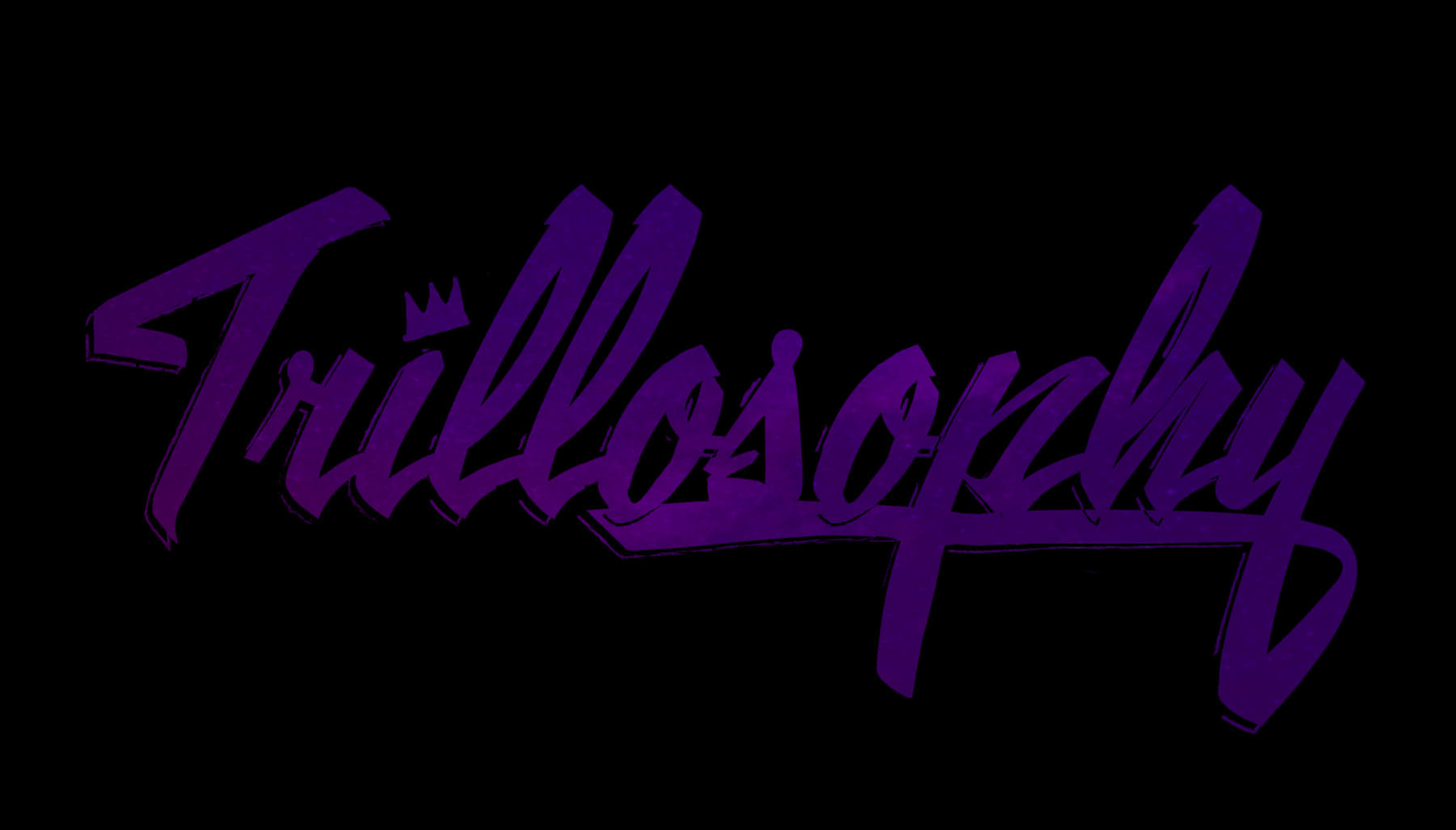Making Sense of a Massacre: Reflecting on 1898
The ripple effects flowing from the 1898 massacre and coup are numerous and inextricable from Amerikkkan culture generally.
Few events have shaped my understanding of history & culture, my life, and my philosophy more deeply than the massacre and coup of 1898. I recently had the opportunity to skip down to the Schomburg Center in Harlem (one if my favorite places in the world) to watch a screening of American Coup: Wilmington 1898 to commemorate and raise consciousness about the massacre and coup that transpired in Wilmington 126 years ago.
I was struck by the extravagant Kara Walker-esque graphics, by the strength of the quotes used, and Moreover, despite my skepticism - being a nationally-driven narrative directed by a filmmaker without roots to the Port City, adapted largely from a book, Wilmington's Lie, authored by a journalist with no roots to the Port City - the film was surprisingly responsible. There was a heavy focus on how descendents of murdered Black residents and murderous white supremacists are coping with the legacies of 1898, and the panel afterward was a thoughtful and careful extension of this theme in the film.
In the Q&A portion, I brought up the question of reparations, and what each of the panelists wished that the film would contribute to the topic of reparatory/transformative justice at various levels of governance and philanthropy. I noted that 1898 raises important questions about scope and grievance. There were so many governmental agencies that aided, abetted, and made possible the slaughter of 100s (probably 1000s) of Black Wilmingtonians. The City of Wilmington, New Hanover County, the State of North Carolina, and the US government all the way up to McKinley were culpable, and thereby, imo, are all governmental institutions that ought to extend reparations to the descendents of victims of 1898. 1898 offers very concrete parameters for the actions/events that are grievable, the institutions that bear moral and political responsibility, and allows us to be imaginative in how those damages should be distributed to victims families.
What happened in Wilmington is of course unique, but not altogether different than similar incidents that have happened elsewhere, like Tulsa, Rosewood, East St. Louis, Atlanta, Springfield, Harlem, etc. These are all unique contexts that together, help support reparations for Blackamerikans/New World Afrikans generally, for enslavement and all of the violence that Black folk in this country have endured since.
What is often underanalyzed in conversations about reparations is the question of private business and philanthropy.
While the pathway to reperations through governmental institutions is muddy, the outline of the trail to get there is much easier to see than is the journey towards reparations from private corporations. How do we approach reparations with the Democratic Party, the institional architects of 1898? Through burning down the Daily Record, Confederate Major William H. Bernard bolstered his own newspaper publication, The Wilmington Star News, which remains the most powerful and lucrative press in Southeastern NC. There are so many private actors whose descendents have inherited the bloody wealth generated from the murder of Black Wilmingtonians in 1898. What about people like Pembroke Jones, whose name doesn't appear anywhere in the historical record, but whose involvement, for me at least, is undeniable.
The ripple effects flowing from 1898 are numerous and inextricable from Amerikkkan culture generally. Oftentimes, the descendants of heinously violent white supremacists seek to cleanse the blood off of their name philanthropically, which marks a very understated sort of violence.
Take for example, the William R. Kenan, Jr. Foundation. William R. Kenan Jr. was the son of Buck Kenan, a Confederate veteran who personally squeezed the trigger on a machine gun that murdered dozens of Black Wilmingtonians in 1898. What Chris Everett has begun to unearth in the research in his documentary Wilmington on Fire, what happened to all that Black property? Many if the orchaestrators of the coup and massacre profited greatly from the carnage. The Kenan children, William Kenan Jr and Mary Flagler Kenan, are poster children of this sort of violent erasure. Their name is central to the legacy of the University of North Carolina. Kenan Jr. (born in 1872, old enough to be very aware of how his daddy was moving in 1898) was a prominent donor to UNC; he funded the football stadium under the specification that it would honor his murderous Confederate father, Buck Kenan. The University took a tremendous ethical stand (sarcasm) in 2018 when it changed the name of the stadium from Kenan Memorial Stadium to Kenan Memorial Stadium. UNC's Kenan Flager Business School and UNCW's Kenan Auditorium both bear the name of Mary Kenan Flagner, and UNCW's chancellor even lives in a parsonage in downtown Wilmington given to the University by the Kenan family.
All literature offered by the trust is completely devoid of any mention of where the family's wealth initially derived from, instead crafting a bootstrap sprt of narrative suggesting that the Kenan money is built on enslavement and the brand of white supremacy that ensued following the end of the War of Confederate Insurrection. If you didn't know any better, reading any literture offered by the trust, one might think that the family is the story of quintessential Amerikkkan family living out the Amerikkkan dream, and in a lot of ways, they truly are.
At a market value of $705,000,000 today, the Kenan Charitable Trust is a wealthy and powerful funder in the US. Epistemically, the Kenan family is astoundingly important. A 2018 report boasted that they used $480,000,000 to fund 126 endowed professorships at 56 institutions. Who is to question such an upright institution aimed at "improving lives by helping and educating people, particularly in underserved communities, the Trust continues to focus its grants in the areas of arts and culture, community development, health and human services, k-12 education and higher education"?
To wrap up these thoughts and bring them full circle, I couldn't help but think about all of this, and especially the timing, when i read this weekend that Daphne Brooks is teaching a course at Yale called "Beyoncé Makes History: Black Radical Tradition History, Culture, Theory & Politics through Music". I actually laughed out loud at the idea of one of the most exhalted celebrity wealth hoarders could be mentioned in the same sentence as the Black radical tradition. I took a quick Google look at Brooks and found out that she is the William R. Kenan, Jr. professor of African American studies, American Studies, Women's, Gender and Sexuality Studies and Music at Yale University.
History isn't the past. It's all around us. It's terraformed into geographies. It's the moral residue dripping from the names on buildings we learn, do businesses, and make policies in. It's on street signs that take us to school and work. It's in the air we breathe every second of the day. It's the tragic hellacape that we're living through into the future.





